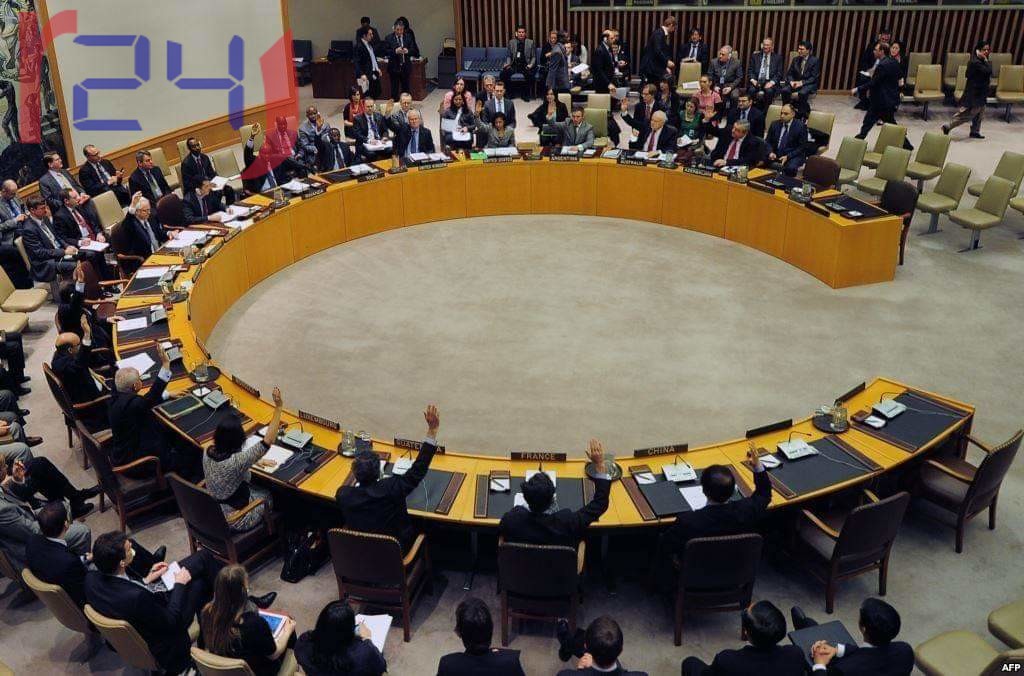nternational support for Sudan is critical as the country continues on the path to democratic transition, amid challenges that include political disagreements, economic decline, and the COVID-19 pandemic, UN political affairs chief, Rosemary DiCarlo told a virtual meeting of the Security Council on Tuesday.
Ambassadors were updated on developments since the signing in October of a milestone peace agreement between the authorities and two armed movements from Darfur, and on the potential drawdown of the UN-African Union force in the province, known as UNAMID.
“Sudan is at a critical juncture. It can move forward decisively in its transition, but that progress can still be derailed by the many challenges it faces. It is incumbent on all of us to support Sudan in its efforts to achieve democratic governance, economic prosperity and an inclusive society for all Sudanese”, said Ms. DiCarlo.
This month will mark two years since the Sudanese Revolution, which led to the overthrow of longstanding leader, Omar Al-Bashir, in April 2019. A joint military-civilian body, known as the Sovereign Council, is ruling the country until elections can be held.
Political disagreement, economic decline, refugee influx
Despite progress, Ms. DiCarlo reported political forces in Sudan are increasingly fragmented. Disagreements have surfaced following the recent establishment of a new body, the Council of Partners for the Transitional Period, while formation of the Transitional Legislative Council has been postponed until 31 December.
Sudan has also experienced severe economic decline, partly due to a five-month shutdown to prevent coronavirus spread. As a result, public revenues dropped while spending on emergency health programmes increased, contributing to a growing budget deficit of roughly $250 million each month.
“The COVID-19 pandemic has further aggravated the humanitarian needs, also driven by severe flooding, intercommunal violence and prolonged displacement”, she continued.
“In recent weeks, over 48,000 people have fled the Ethiopian conflict in the Tigray region and have sought refuge in Sudan. This has put an additional strain on the Sudanese authorities.”
The UN Political Affairs chief again welcomed the intention by the United States to rescind Sudan’s designation as a State sponsor of terrorism, which will open up access to critical international financial assistance.
Mission plans developing
Meanwhile, consultations between the authorities and the UN Integrated Transition Assistance Mission in Sudan (UNITAMS) continue. Deployment began in October and objectives include supporting peace processes and protecting civilians.
The Mission is coming onstream as the mandate of another operation, the African Union-United Nations Hybrid Operation in Darfur (UNAMID), is set to end on 31 December, subject to the Council’s final decision. UNAMID has been in the province since 2007, in the wake of fighting that killed some 300,000 people and displaced millions.
The Sudanese authorities have begun deploying a 12,000-strong Civilian Protection Force to Darfur, in line with the peace deal signed in October. The agreement represents a real opportunity to end the decades-long conflict in Darfur, said the head of UN Peacekeeping, Jean-Pierre Lacroix, who also briefed the Council. However, he highlighted the need to coordinate international support for protection efforts.
“In this context, it is critical that we clarify the expectations and roles of UNAMID and the Government in line with the UNAMID Status of Forces Agreement during the drawdown”, said Mr. Lacroix, who explained that contingents will be dedicated to protecting mission personnel, sites and assets, while also preparing to repatriate.
“In the event of any major security incident or threat to civilians in Darfur in this period, the onus is on the Transitional Sudanese authorities and the relevant institutions to respond, as UNAMID will not be able to intervene in case of incidents after 31 December if the mandate has terminated by that date.”
Enormous task ahead
Ambassadors were informed that the drawdown process for UNAMID will be a major undertaking. Atul Khare, UN Under-Secretary-General for Operational Support, said more than 6,000 uniformed personnel and over 1,500 civilian staff are still serving in landlocked Darfur and at other sites in Sudan.
“Orderly and safe drawdown of mission personnel and equipment of this size is clearly an endeavor of no less than six months, to be followed by a nine to 12 month period of asset disposal and liquidation, with the continued fullest cooperation of the Government of Sudan and its local authorities”, he said.
“A compressed timeline and the inherent logistical challenges of closing the various team sites, repatriating uniformed personnel and their equipment, separating or reassigning remaining staff, and properly disposing of the mission’s assets will be an enormous task.”
Mr. Khare also underlined the security concerns, and suggested the Council might consider maintaining “a modest, purely inwardly-focused, guard unit capability” during this time.

